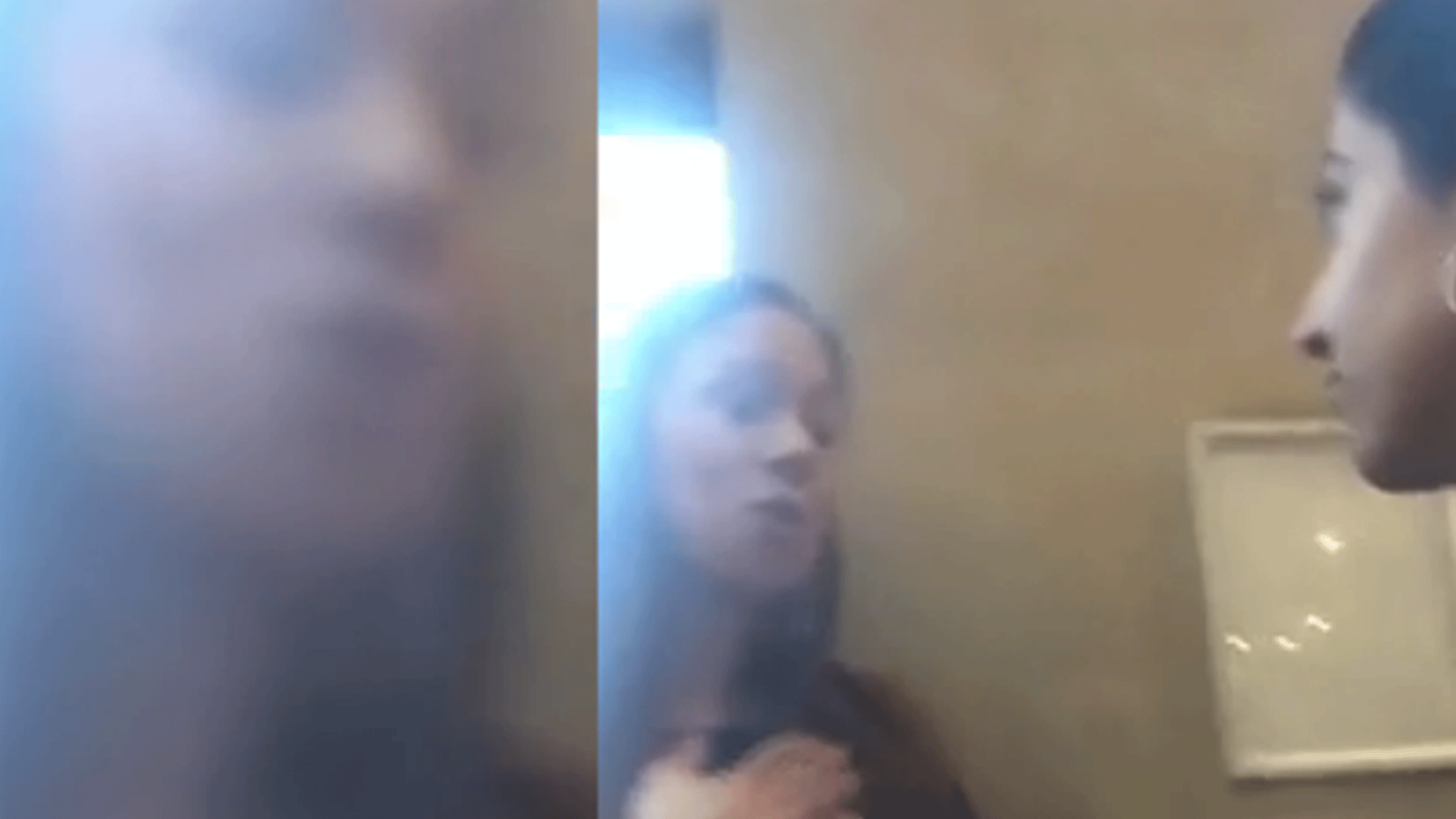The jummah services I attend every Friday are held on the campus of an Ivy League university, with a mix of students, faculty and community members from the surrounding area. Some days, I feel more spiritual, other days I feel like I’m going through the motions. Last Friday there was a light drizzle of rain.
There are often students cramming in the corner for homework that needs to be turned in in a few hours, or eating lunch, in the minutes before the prayer. Sometimes there is a baby that captures the attention of the room. On this particular day, an elderly gentleman placed a box of baklava on the table and I helped myself to a few.
Just hours before, thousands of miles away, a man had walked into two mosques and murdered 50 people and injured countless others. With a GoPro mounted to his head, he livestreamed the carnage, which was downloaded, shared and watched thousands of times. Tech companies and the police are working on removing the footage, but it is too late: Everything on the Internet is forever. Violence against non-white people stays readily available in a morbid archive of mass mutilation, a white supremacist videodrome.
Rhode Island is a small state, and so everyone here was more than likely connected to other groups—family or friends, maybe across the globe, maybe across the country—attending their own jummah services and dealing with their own feelings. I can’t pretend to know what everyone in the room was thinking last Friday, but I do know that what I was feeling was guilt. Guilt that I did not instantly break down on hearing the news, seemingly desensitized by this having happened two years prior in Quebec City, and two years before that in Chapel Hill. I sought out community that day in part because I wanted to be surrounded by people who, like me, understand the experience of grieving the deaths of your people, over and over again.
In the hours since the tragedy in Christchurch, politicians have put out statements that omit the word “muslim” or “islamophobia” and vaguely reference “a tragedy,” often using words that would be more appropriate for a traffic accident than for an act of intentional, premeditated mass murder. Hours after we had completed our prayers in Providence, 180 miles to the south, two young women—Leen Dweik and Rose Asaf, a Palestinian Muslim and a Jewish American-Israeli—confronted Chelsea Clinton at a New York University vigil for the Christchurch victims. How could she show up at this vigil, Dweik asked Clinton, when she had contributed to the vilification of Muslim U.S. Representative Ilhan Omar only weeks before.
Dweik shared the video of the encounter with Clinton online, prompting a fresh wave of conflict. Much of the outrage came from those who live in a dunya where the 2016 elections never end. How dare these students blame Chelsea Clinton, figurehead of the Democratic Party, and a pregnant woman, for this massacre! Such outrage was in short supply when, after Abdulrahman al-Awlaki was killed in 2011 by a US drone strike, former Obama press secretary Robert Gibbs opined that the 16-year-old Abdulrahman should have had “a far more responsible father.”
Muslims are such a demonized group, the campaign against them so explicit, that the mere acknowledgment of their presence uncomfortably connects the dots between the shootings at home and the drone strikes abroad. Sympathy for Muslims has to be justified, qualified with statements punctuated with the word “peaceful”. Our place is reaffirmed in talk about belonging and citizenship, but few stop to ask whom citizenship excludes, and how the contentious definition of citizenship—the fear of migrant hordes overrunning society—contributed to these deaths.
Without an appreciation for the identity of those who died, the mosque is no longer a sacred place: It is transformed in the public imagination from a place of holy worship to a crime scene. But remember that these are cherished spaces where people find comfort, joy and solace in the presence of God and community every day; people take classes, play sports, get married, eat and break fast, and above all pray together. We cannot pay respect to mosque as a sacred site until we understand the narratives of the people who worship there.
Some days the concept of a global Muslim community or ummah seems more aspirational than real. But the people in Christchurch, as well as the teenage Somali hijabis who are setting fashion trends in the hallways of schools in Minneapolis, the Yemeni bodega owner who serves up a mean chopped cheese in Harlem, the Iranian family in Tehran and Los Angeles celebrating Nooruz over WhatsApp, and the young women who confronted Chelsea Clinton—these are my people; and as the poet, Fatimah Asghar says in her poem “If they come for us”, mashallah, I claim them all.






